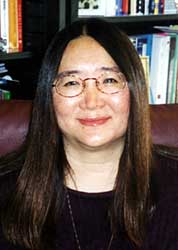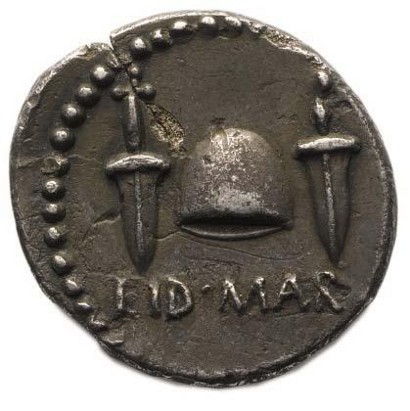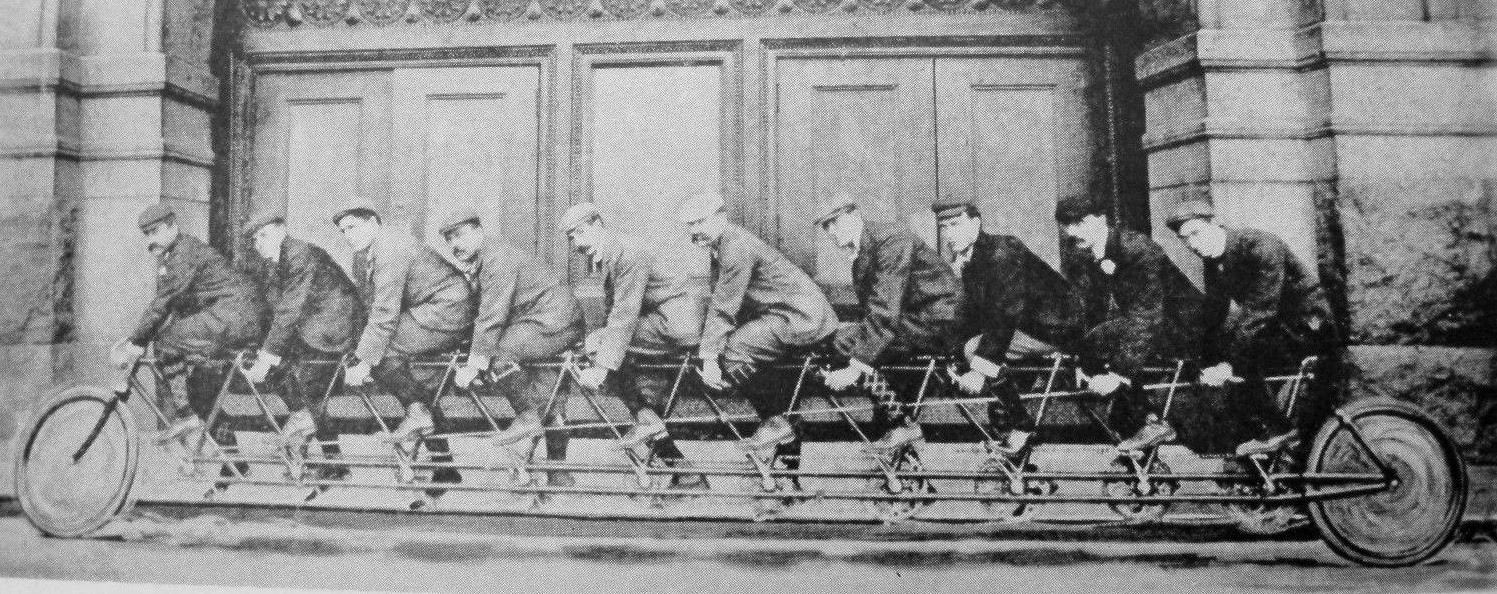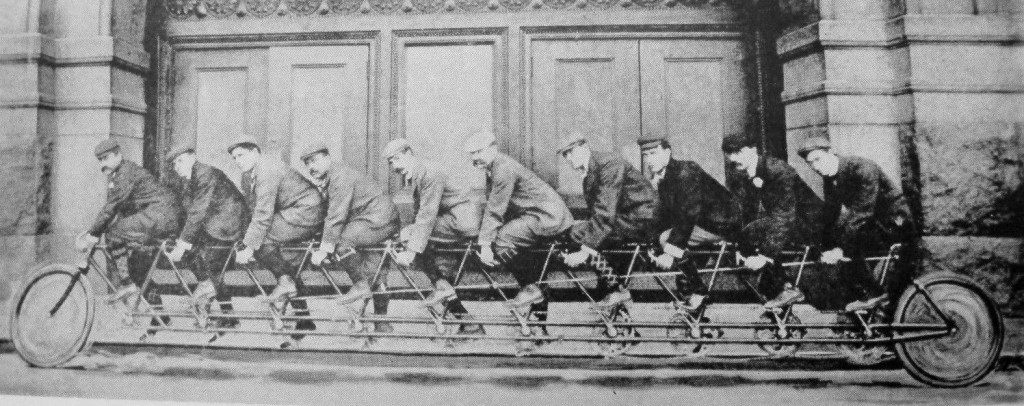 On Friday, May 8, Stella Ting-Toomey from California State University, Fullerton will be on campus to present and lead discussions on intercultural communication. Please see below for descriptions of the two sessions and access to related reading materials.
On Friday, May 8, Stella Ting-Toomey from California State University, Fullerton will be on campus to present and lead discussions on intercultural communication. Please see below for descriptions of the two sessions and access to related reading materials.
Ting-Toomey’s visit is sponsored by the Mellon Center, International Office, and Office of the Provost. Please direct any questions to Associate Dean of Curricular and Faculty Development Lynda Duke or Director of the International Office Stacey Shimizu.
Morning General Session
Open to staff and faculty
10-11 a.m., Beckman Auditorium, The Ames Library
Understanding the Culture Shock Experience and Communication Style Patterns of International Students on Campus
This general session will introduce the key concepts related to the roller-coaster culture shock experience of international students in adjusting to the U.S. campus. Factors that shape the culture shock experience and the potential communication gaps among the international students, faculty, and staff will be highlighted. Suggestions for managing the culture shock experience of international students productively will be offered.
Afternoon Faculty Workshop Session
1-2:30 p.m., 201 State Farm Hall
(Please RSVP to melncntr@iwu.edu by Wednesday, May 6 if you plan to attend)
Facilitating the Intercultural Adjustment Process of International Students with Enhanced Communication Style Strategies and Practices
This faculty workshop will examine the underlying cultural values that shape potential communication style differences in international students in the classroom. Interactive exercises will be used to deepen awareness, empathy, knowledge, and skill sets in faculty-international student interaction. Recommended practices for serving international students with enhanced communication competencies will be provided.
Suggested reading materials (3 chapters, listed below) areavailable on Moodle:
– Bennett, J. M., & Bennett, M. J. (2004). “Developing Intercultural Sensitivity: An Integrative Approach to Global and Domestic Diversity.” In D. Landis, J. Bennett, & M. Bennett (Eds.), Handbook of Intercultural Training (3rd ed.). Thousand Oaks, CA: Sage Publications.
– Ting-Toomey, S., & Chung, L. (2012). “What Is the Connection Between Verbal Communication and Culture?” Understanding Intercultural Communication (2nd ed.). New York: Oxford University Press.
– Ting-Toomey, S., & Chung, L. (2012). “What Are the Ways to Communicate Nonverbally Across Cultures?” Understanding Intercultural Communication (2nd ed.). New York: Oxford University Press.
In addition, the Handbook of Intercultural Trainingand Understanding Intercultural Communication are both available on reserve in The Ames Library.




